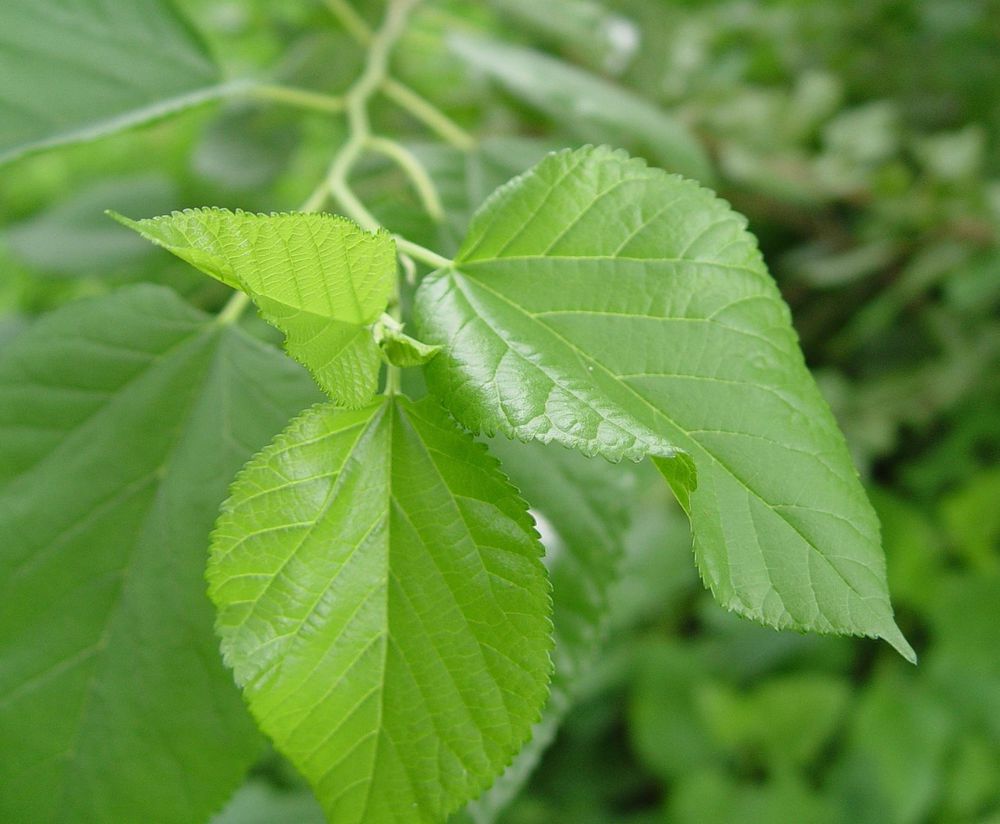Familiar everyday vegetables that seem harmless can affect a mother’s milk production or even cause milk loss. Mothers should remember the following vegetables to avoid!

Cabbage and cruciferous vegetables
These foods top the list of those that cause milk loss. Many mothers know that cabbage is used to treat breast engorgement, and applying cabbage leaves can also reduce milk supply. When cabbage is consumed/eaten in excess, it can lead to milk loss.
In addition, cruciferous vegetables (cabbage and cauliflower) contain sulfur and also affect the quality of breast milk. These foods can also cause digestive discomfort and gas in some infants.
Lolot leaves (Piper lolot)
Many familiar dishes are made with lolot leaves. However, eating too much can have the side effect of reducing breast milk supply.
Many people are familiar with the method of drinking lolot leaf water daily to stop breast milk production without causing pain or discomfort. Therefore, this is also a food that mothers should avoid while breastfeeding.
Peppermint
Peppermint is used to make many medicines, teas, cakes, and as an accompanying vegetable. If a mother consumes it regularly, it can lead to a decrease in milk production. However, peppermint does not have a long-term effect on milk loss, and if the mother stops using it, her milk will return within a few days.
Mulberry leaves

Mulberry leaves have a cooling effect, so they will gradually reduce and eventually stop milk production if consumed in large quantities. It is suitable for mothers to use when weaning; they can boil fresh mulberry leaves and drink the water instead of regular water daily.
Celery
This vegetable is often used in stir-fries, juices, etc. But breastfeeding mothers should avoid this food if they don’t want their babies to lack milk.
Vietnamese coriander (Persicaria odorata)
Many people know that Vietnamese coriander has many benefits for women, such as enriching blood and treating menorrhagia; postpartum mothers should only eat Vietnamese coriander after lochia has stopped. However, it should not be eaten in large quantities, as it can lead to insufficient milk for the baby. Some mothers may not experience this, but it’s best to avoid it to prevent any impact on breastfeeding.
Parsley
You might be surprised to learn that parsley can cause a gradual decrease in milk supply. The reason is that this vegetable has a diuretic effect, causing mothers to urinate frequently, leading to dehydration and insufficient water in the body for milk production. Therefore, mothers should avoid parsley or, when using it in cooking, only add a small amount to enhance the flavor of the dish (this will not affect milk production).
Source: hellobacsi website
Mothers can refer to some galactagogue products that are frequently purchased by other mothers below:
